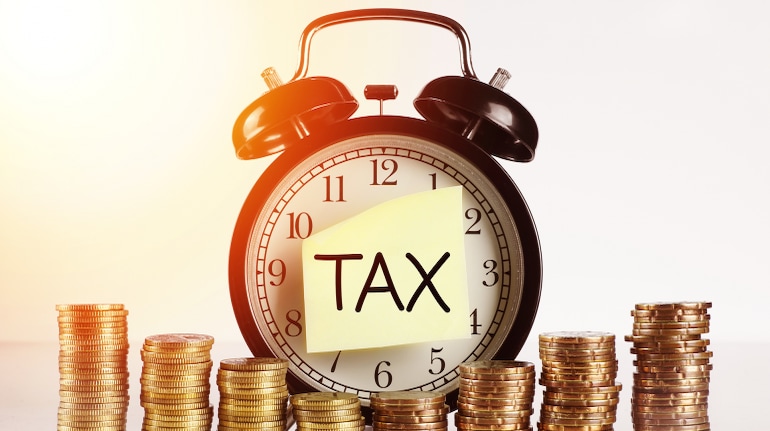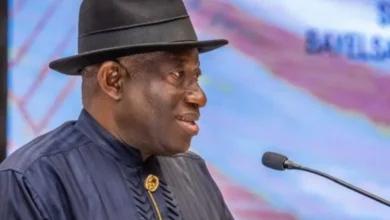Almost all rich people in Nigeria evaded tax, says Oxfam


Oxfam Nigeria, a Non-Profit Organisation, has said 99 percent of the wealthiest people in the country evade or avoid paying taxes.
It also said millions of Nigerians struggle to afford their next meal.
In a reports on Tuesday, Oxfam said the country is facing a severe economic crisis, with a staggering wealth gap between the rich and the poor.
Oxfam spotlighted the deepening inequality crisis in Nigeria in the reports titled ‘Income and Wealth Inequality in Nigeria: Trends and Drivers,’ and ‘Taxing the Rich Fair Tax Monitor’.
The reports, covering 10 years, were conducted by Oxfam in Nigeria, the Tax Justice Network Africa, and the Civil Society Legislative Advocacy Centre (CISLAC).
According to the report on tax, despite being the fourth-largest economy in Africa, the benefits of economic growth “have largely been concentrated in the hands of a small elite, leaving millions of Nigerians trapped in poverty”.
“Only 40 of the wealthiest Nigerians were found to be compliant taxpayers, according to the Federal Inland Revenue Service (FIRS) and John Bean Technologies Corporation (JBT),” Oxfam said.
“This represents a compliance rate of just 0.035%, meaning that over 99% of Nigeria’s wealthiest citizens evade or avoid paying taxes.
“Nigeria ranks among the countries with the highest levels of income inequality in sub-Saharan Africa, with a small fraction of the population controlling the majority of the nation’s wealth.
“The country’s wealth Gini coefficient, a measure of income inequality, stands at 35.1, placing it 11th out of 16 West African countries and highlighting Nigeria’s severe economic divide.
“The economic situation in Nigeria is critical, with millions struggling to make ends meet as prices rise faster than wages, leaving many hungry and desperate.
“Over 133 million people—about 7 in 10—are facing hunger, with women and girls disproportionately affected, making up nearly 63% of the hungry population. In rural areas, less than 40% of households have access to electricity, severely limiting educational opportunities and access to healthcare.”




